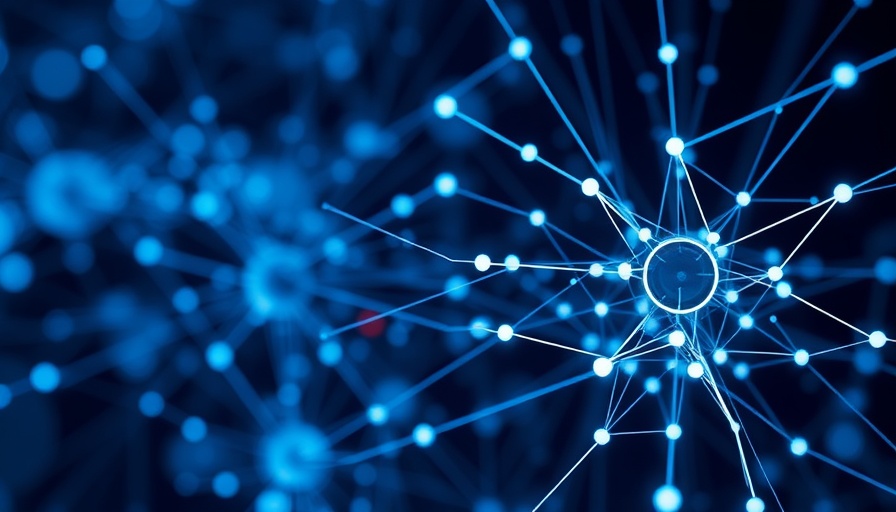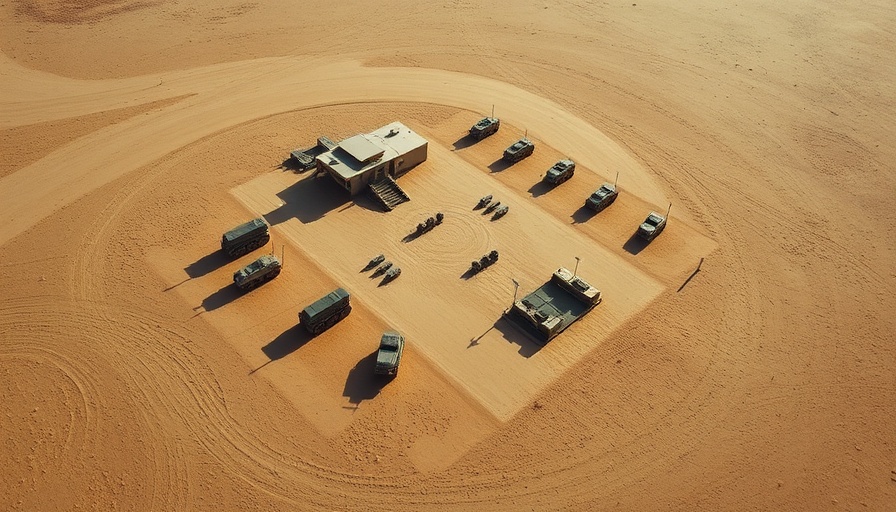
The Rise of Autonomous AI: Understanding Google's Dreamer
Among the latest innovations in artificial intelligence, Google's Dreamer has carved itself a remarkable niche. This AI, developed by a team of researchers at Google DeepMind collaborating with the University of Toronto, stands out due to its ability to learn and self-improve by playing Minecraft. The study, recently published in Nature, reveals how Dreamer became an expert player in just nine days, showcasing not only a leap in AI capabilities but also significant implications for real-world applications.
How Dreamer Works: The Mechanics Behind Self-Improvement
Unlike traditional AI that often requires extensive training on vast data sets, Dreamer is designed to operate with a reward system. The researchers instituted rewards for specific tasks within Minecraft, such as finding diamonds, enabling the AI to develop strategies autonomously. This approach aligns with current advancements in machine learning, where reinforcement mechanisms motivate the AI to improve its gaming proficiency. For instance, by resetting the game environment after 30 minutes of play, Dreamer continuously adapted its strategies to achieve the highest efficiency.
Significance of AI Learning via Simulation
The ability for an AI like Dreamer to learn through gaming simulations has broad implications. First, video games provide complex, dynamic environments—perfect for testing AI adaptability and creativity. Second, the techniques explored in this research could extend beyond gaming, enriching training methods for robots or AI systems in various sectors, from healthcare to space exploration. By overcoming challenges in virtual spaces, these AIs may acquire skills helpful for navigating real-world situations.
Future Implications and Ethical Considerations
As we delve deeper into the potential of AI self-learning systems like Dreamer, several ethical concerns arise. With AIs learning and executing tasks independently, it sparks debates about the control we have over such technologies. For example, how will we ensure that these AIs operate within ethical boundaries? Importantly, as AI becomes more autonomous, industries must establish benefits and risks in deploying these systems, especially in critical areas like healthcare and security.
Exploring the Broader Impact of AI on Society
The emergence of self-improving AIs like Dreamer may significantly alter how society interacts with technology. In sectors such as robotics and automation, Dreamer’s ability to learn and adapt can foster more efficient operations and innovative solutions. This technology might lead to improvements in productivity across industries, enhancing our daily lives. However, it’s vital for developers and policymakers to engage in meaningful discussions about responsibly managing this transformative technology.
While the advancements in AI, especially through self-improvement mechanisms demonstrated by Dreamer, provide exciting opportunities, they also necessitate a balanced examination of our ethical responsibilities. As society continues to embrace these technologies, fostering discussions about regulation and practical integration becomes essential.
 Add Row
Add Row  Add
Add 




Write A Comment